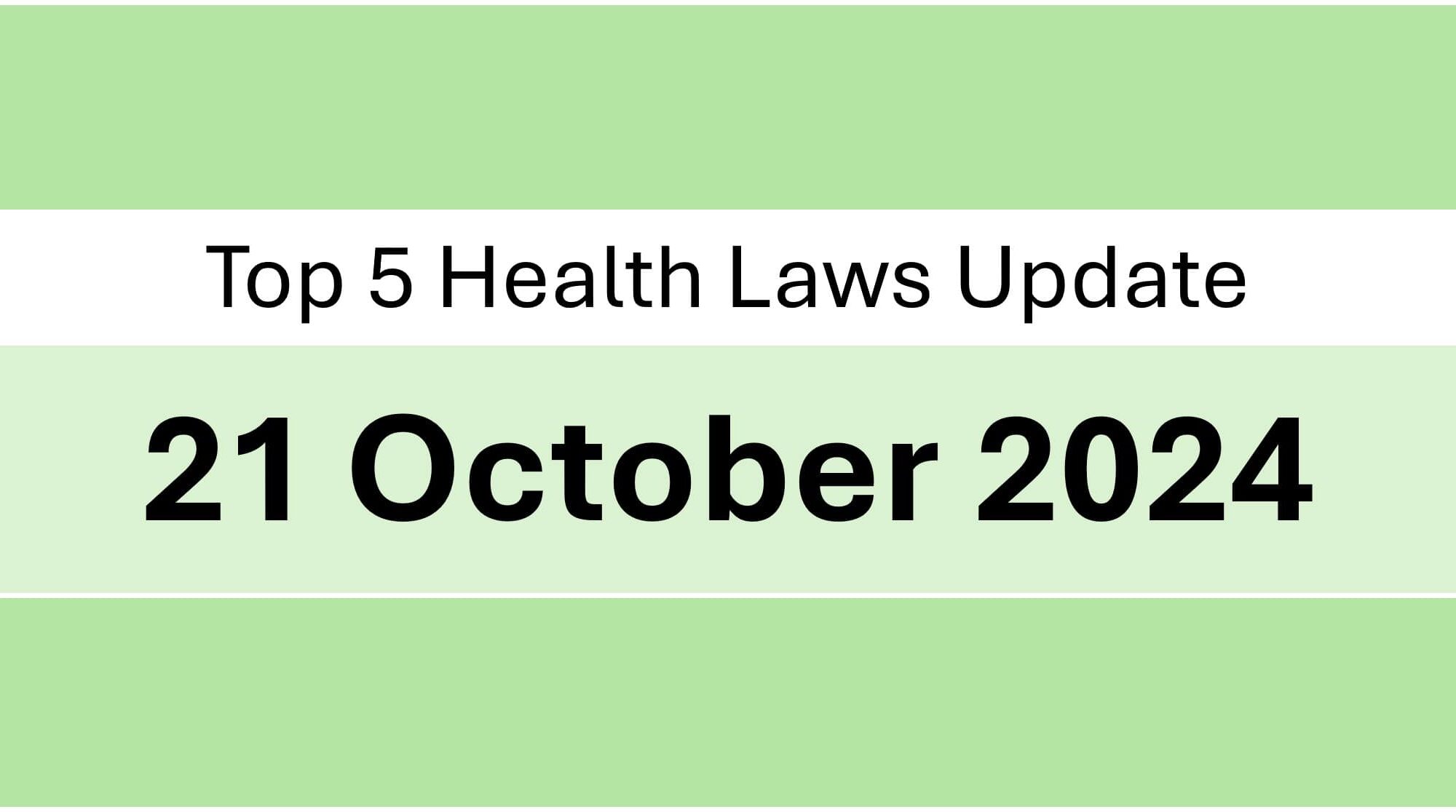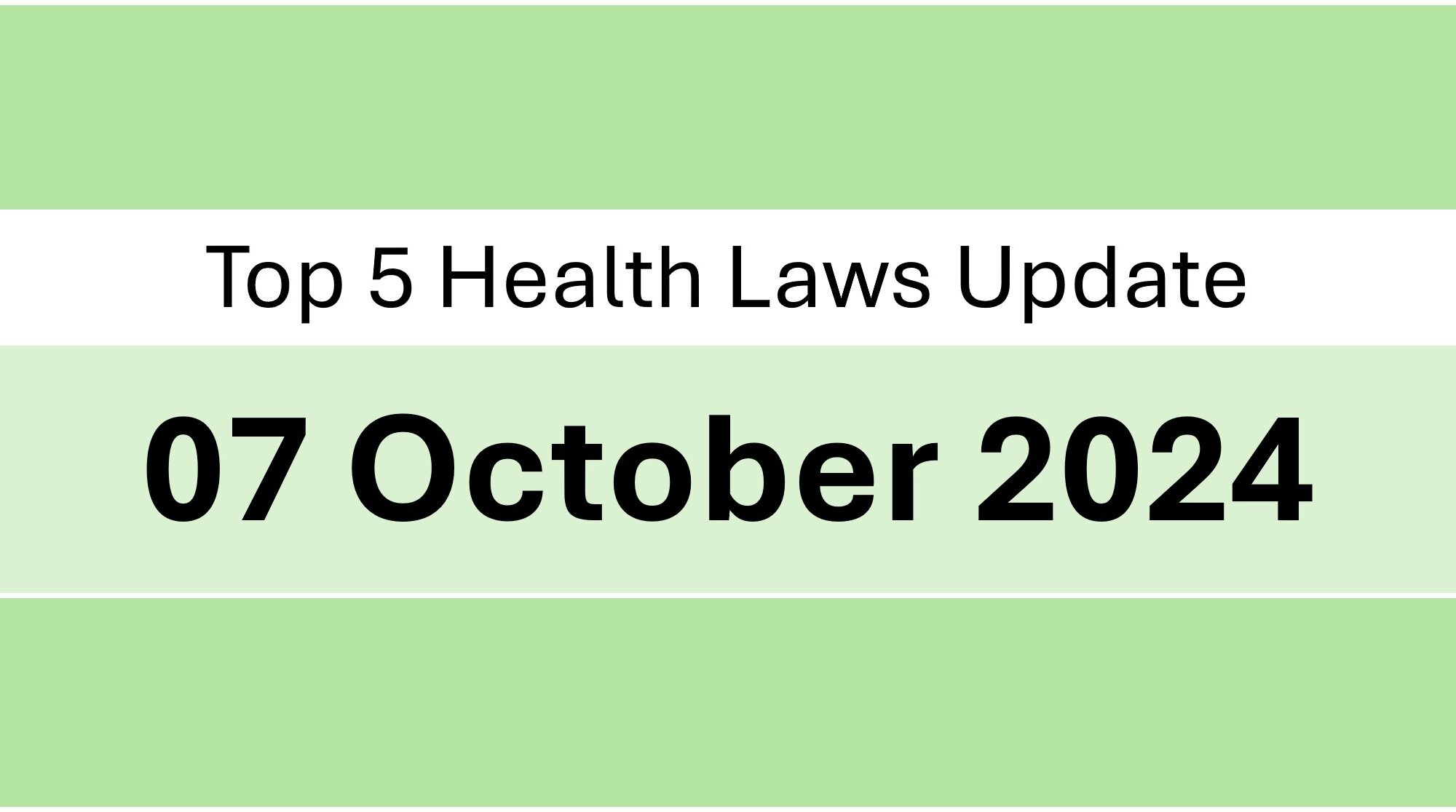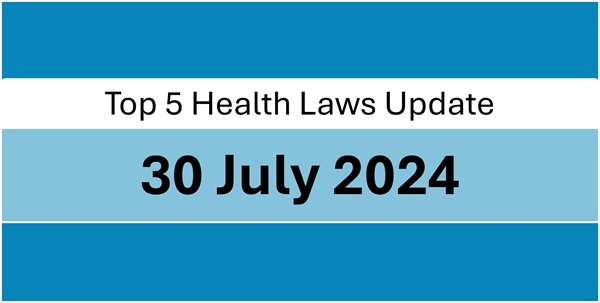Dear Readers, we are happy to share the most interesting legal and policy updates concerning health industry that we read today. We hope you enjoy reading it.
1. The Drugs Technical Advisory Board (DTAB) has approved a proposal to amend the New Drugs and Clinical Trials (ND&CT) Rules, 2019 to eliminate the two-step certificate issuance process for biomedical and health research ethics committee registration. Now, a system for reviewing and examining all ethics committee documents has been put in place at Department of Health Research (DHR). This process allows for the removal of redundant work and resource use, and only final certificates can be directly issued to ethics committees.
Source: bit.ly/3A8haGQ
2. To improve India’s whole digital healthcare infrastructure, a new certification program for hospital information systems (HIS) and electronic medical records (EMR) has been introduced by the National Accreditation Board for Hospitals and Healthcare Providers (NABH). The program offers Basic and Advanced maturity levels that are valid for two years. The NABH portal will open for registration on December 1, 2024.
Source: bit.ly/3UjzcN7
3. The Drugs Controller General of India (DCGI) plans to amend the Medical Devices Rules, 2017, to include quality control provisions for non-sterile, non-invasive Class A medical devices like thermometers and stethoscopes. Currently exempt from licensing, these devices will now require manufacturers to comply with a quality management system.
Source: bit.ly/3NApDpw
4. The Madras High Court has ruled that Siddha practitioners are permitted to practice modern medicine but are prohibited from storing allopathic drugs without a valid license under the Drugs and Cosmetics Act, 1940.
Source: bit.ly/4hs9VKT
5. The World Health Organization (WHO) has prepared a draft guideline for food packaging to include health impact labels on the front, emphasizing the need for clearer consumer information regarding potential health risks associated with food contact materials. The draft received public comments till October 11, 2024 and will release the final guidelines in 2025.
Source: bit.ly/3BQlKKm



